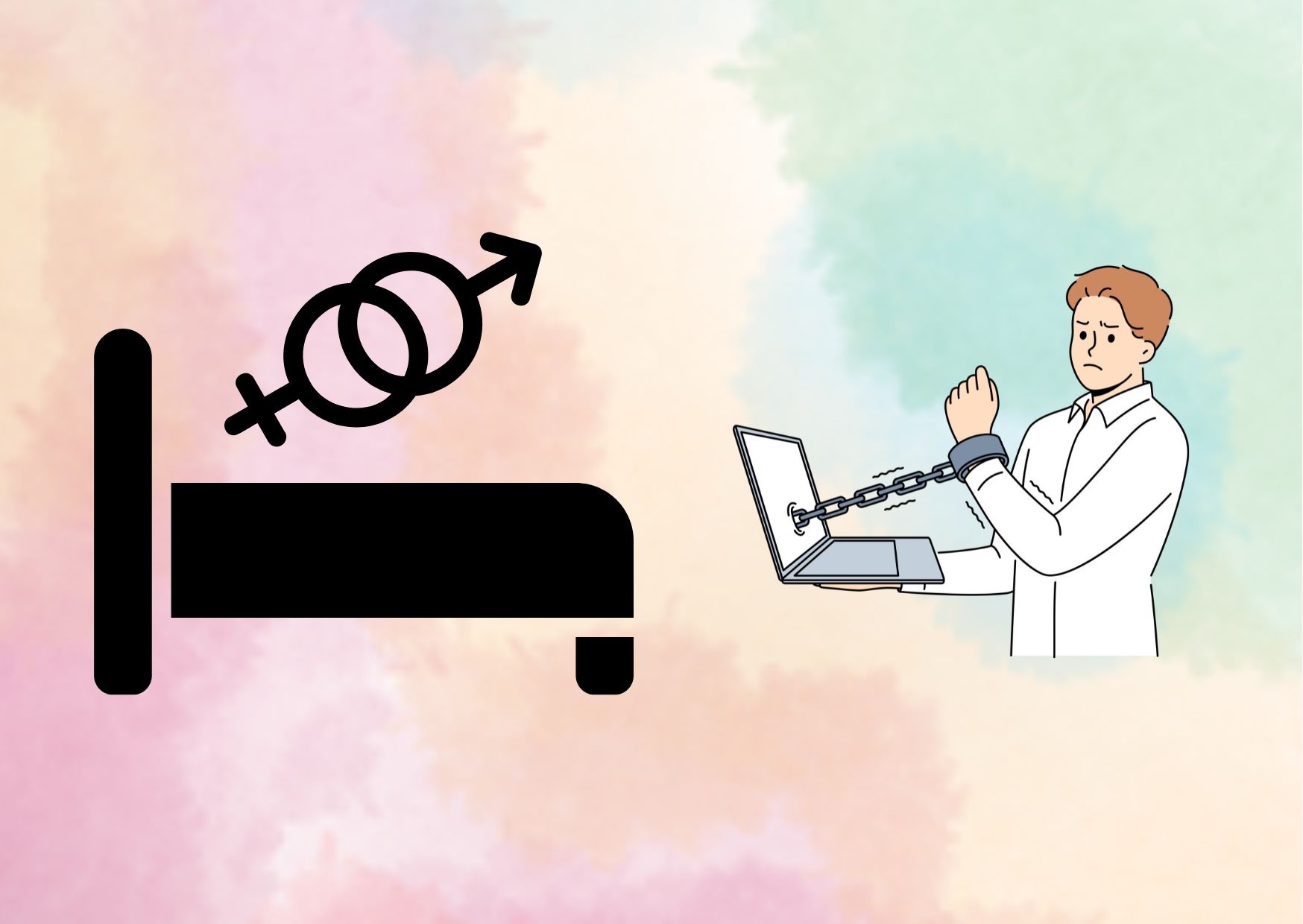The Effects of Chronic Masturbation: Understanding the Risks and Seeking Support
Masturbation refers to the act of sexually stimulating oneself, typically to the point of orgasm. It is a common and natural behavior that many people engage in for pleasure, stress relief, or exploration of their bodies. Generally, masturbation is considered a normal and healthy part of sexual development.
However, when the term chronic masturbation is used, it often implies a concern about the frequency or intensity of the behavior. It’s essential to note that what might be considered chronic can vary widely among individuals, and there is no universally defined threshold for normalcy.
Introduction
In today’s digital age, where access to explicit content is just a click away, the topic of chronic masturbation has gained attention. Masturbation itself is a normal and healthy sexual activity, but when it becomes excessive and starts to interfere with daily life and relationships, it may be a cause for concern. In this article, we will explore the effects of chronic masturbation, signs that may indicate a problem, and the importance of seeking professional support.
Understanding Chronic Masturbation
What is Chronic Masturbation?
Chronic masturbation, also known as masturbation addiction, refers to a compulsive and excessive engagement in masturbation. It is a behavioral pattern that individuals find difficult to control and may lead to negative consequences in various aspects of their lives. While masturbation is a natural and pleasurable activity, excessive engagement can become problematic.
The Impact on Intimacy and Relationships
One of the significant effects of chronic masturbation is the potential impact on intimacy and relationships. Excessive masturbation may lead to a decreased desire for sexual activity with a partner, resulting in a lack of intimacy and connection. This can strain relationships and lead to feelings of dissatisfaction and frustration for both individuals involved.
Suggestion for read: Understanding and Overcoming Porn Addiction
Signs of Chronic Masturbation
Recognizing the Problem
It’s essential to be aware of the signs that may indicate a problem with chronic masturbation. While everyone’s sexual habits and frequency may vary, certain signs may suggest an unhealthy relationship with masturbation. These signs include:
- Compulsive Behavior: Spending excessive amounts of time engaging in masturbation, often to the point of neglecting other responsibilities or activities.
- Interference with Daily Life: Difficulty focusing on work, school, or personal relationships due to preoccupation with masturbation.
- Escalating Frequency: Gradually increasing the frequency of masturbation to achieve the same level of satisfaction.
- Negative Emotional Impact: Feeling guilt, shame, or distress after engaging in masturbation.
- Physical Discomfort: Experiencing physical discomfort or pain due to excessive friction or pressure during masturbation.
It’s important to note that experiencing one or more of these signs does not necessarily indicate a problem with chronic masturbation. However, if these signs persist and significantly impact daily functioning and well-being, it may be time to seek professional support.
The Negative Effects of Masturbation Addiction
Psychological Impact
Chronic masturbation can have psychological effects on individuals. Excessive engagement in masturbation may lead to feelings of guilt, shame, and low self-esteem. It can also contribute to the development of anxiety and depression, as individuals may feel trapped in a cycle of compulsive behavior.
